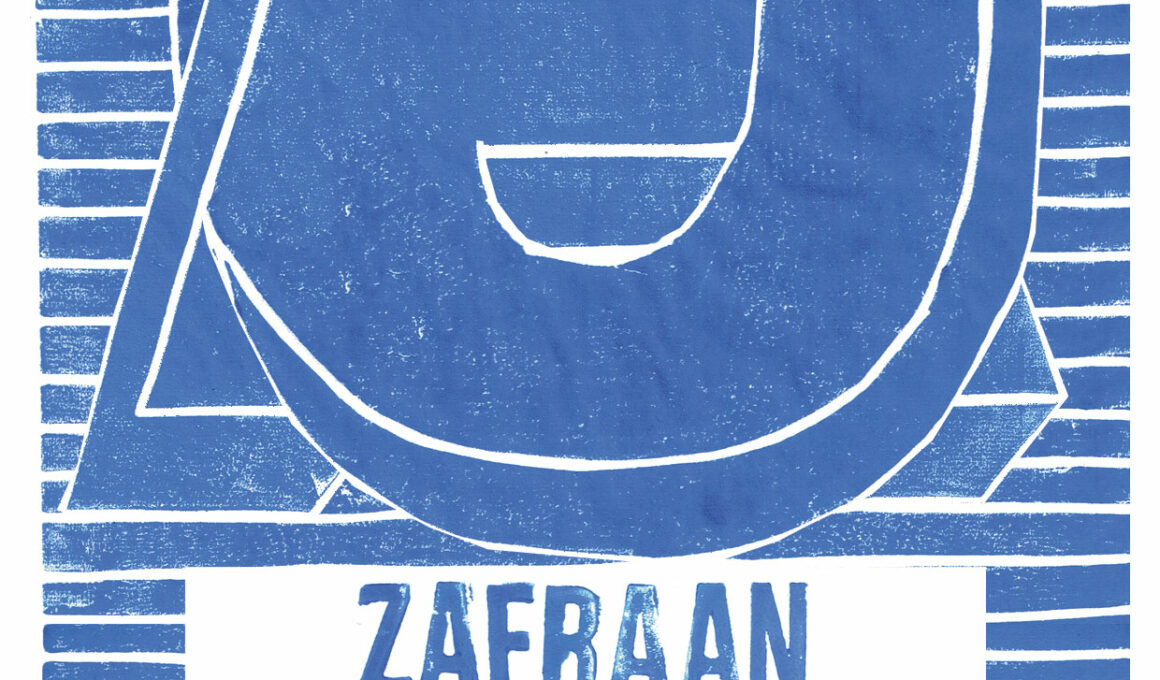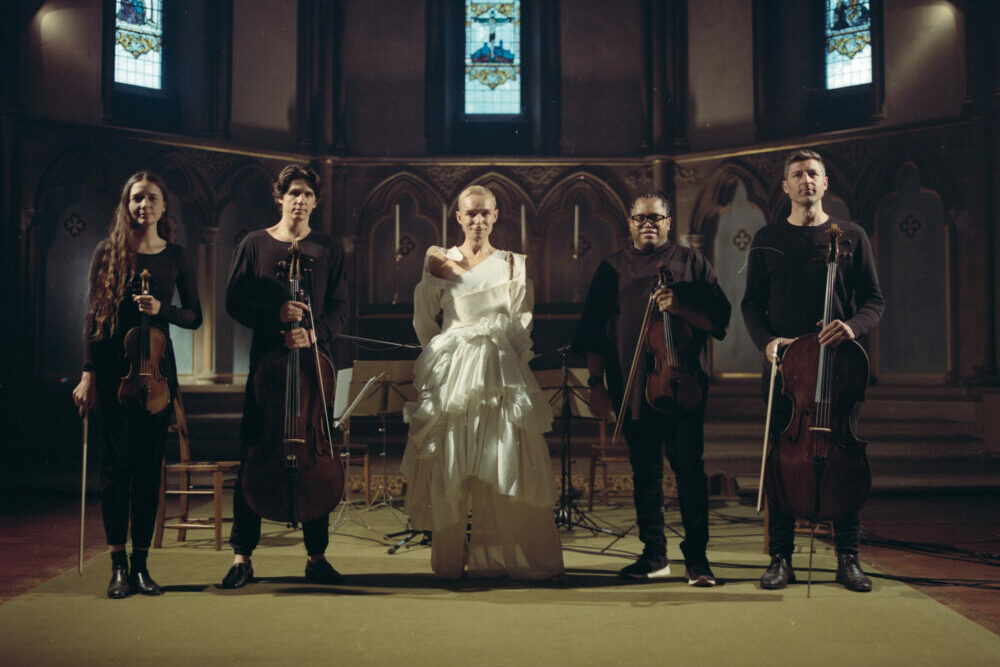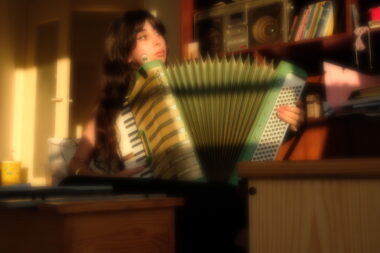The Zafraan Ensemble, one of the younger groups on Berlin’s new music scene, stands for music that reflects contemporary life, contemporary society, and contemporary reality in all its facets. Following the opening of this year’s Berlin Month of Contemporary Music, the Zafraan Ensemble is now focusing on its ten-part concert cycle “UA Berlin”.
On the occasion of the group’s tenth anniversary, i.e. a tenth of a century, the Zafraan Ensemble has come up with an ambitious project that will take place from September 2020 to June 2021 and will tell the history of Berlin from the 1910s to the present day through a musical journey.
Contemporary music history is turned into history, over two world wars and five forms of government. Each of the ten chamber concerts in the “UA Berlin” series represents a decade in which a work that premiered in Berlin at the time forms the programmatic trigger. Just as these ten works from previous musical chapters, which premiered in Berlin, tell the story of the city, ten works specially commissioned by the Zafraan Ensemble for the event are intended to show the perspective that young Berlin composers have of the city. How does Berlin sound today in relation to its musical history?
On 30th October, the famous Meistersaal at Köthener Strasse will be the venue for Part II of the “UA Berlin” concert series. Two consecutive performances of “The 1920s: Exile” will illuminate the intricate paths of emigration and exiled twelve-tone technique across the continents. The starting point is Stefan Wolpe’s “Piano Sonata N°1 ‘Stehende Musik'”, premiered in 1927 at Berlin’s Voxsaal. As a Jew and communist, everywhere became a travel destination for Wolpe from 1933 onwards. Having arrived in Vienna, he took lessons with Webern (represented here by his “Quartet op. 22” from the years 1928-30). Nobody in Palestine wanted to know or hear this, and so he finally, in 1938, moved to New York City, USA. His students there included not only Morton Feldman (to be heard here with his “Durations 1” from 1960), but also Ursula Mamlok from Berlin, who had emigrated to Ecuador in 1939 and received a scholarship in New York in 1940. Mamlok returned to Berlin in 2006. If the circle had not been broken forever, it would have closed. Zafraan will perform Ursula Mamlok’s “From My Garden” and “Five Bagatelles”, as well as the world premiere of the composition “Pent” by Simon James Phillips. By drawing material and ideas from the other pieces in this evening’s program, he created a new work in unique collaboration with the Zafraan musicians. “The 1920s: Exile” at the Meistersaal will be presented by Mark Scheibe.
Zafraan Ensemble: “UA Berlin“, Part II: “The 1920s: Exile”
30.10.2020 | Doors 17:30/20:00 | Starts 18:00/20:30
MeisterSaal | Köthener Str. 38 | 10963 Berlin
http://zafraanensemble.com | Event @ Facebook
A production of the Zafraan Ensemble. Funded by the Senate Department for Culture and Europe, the Ernst von Siemens Music Foundation and the Dwight and Ursula Mamlok Foundation.








